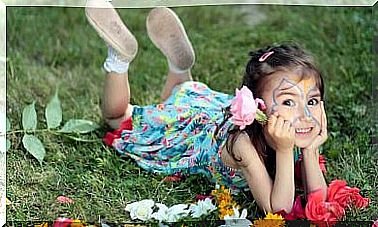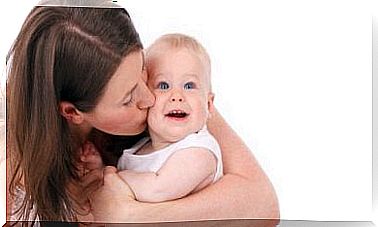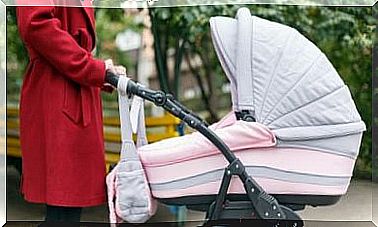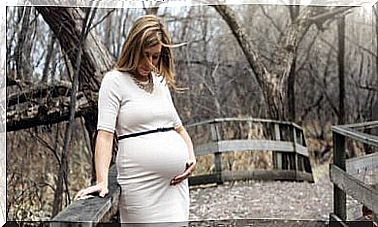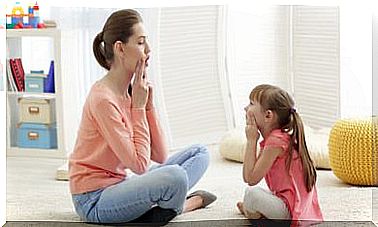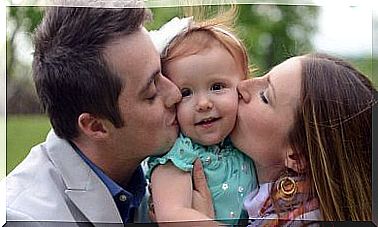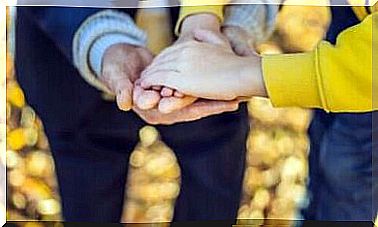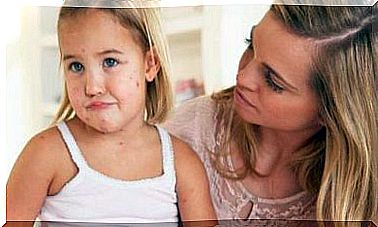The Child’s Freedom According To The Stage Of Development
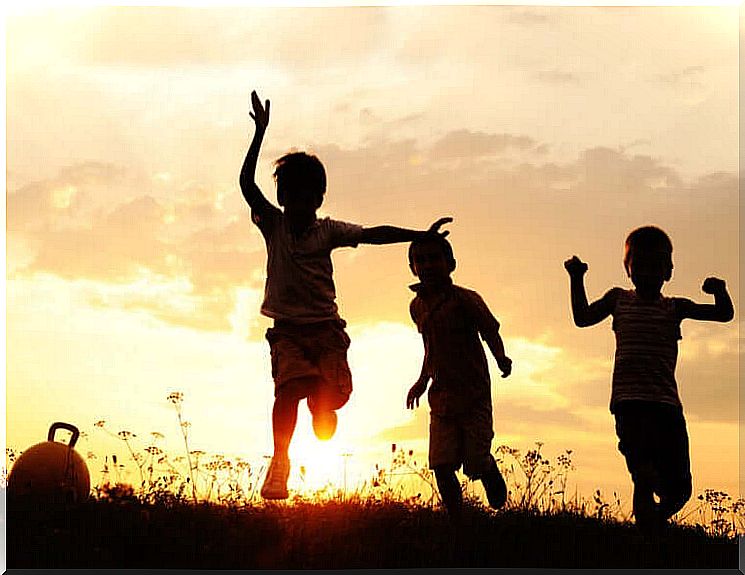
Many parents have doubts about the child’s freedom. Is it good to let her go out alone even though she’s very young? When will she be able to go to school without needing the company of an adult? Am I doing okay when I ask you to buy something or do simple tasks?
It’s normal to have doubts. Currently, many parents have an excess of information. This phenomenon makes them afraid to let their children out of the house without adult supervision. But it is necessary to avoid that the bad news currently occupying the media prevent our children from having adequate freedom according to their stage of development.
The stages of human development
To establish the stages of child development, we can refer to Jean Piaget, a famous psychologist who studied this phenomenon through the observation of children themselves.
When children are in the first three stages of development, which range approximately from 0 to 2 years old, 3 to 7 years old, and 8 to 12 years old, it is normal that they never go out alone.
However, from the age of 11 or 12, when they are approaching puberty and adolescence, and some even before that, they start to demonstrate their own criteria and announce their desire for freedom, respect and free personal choice.
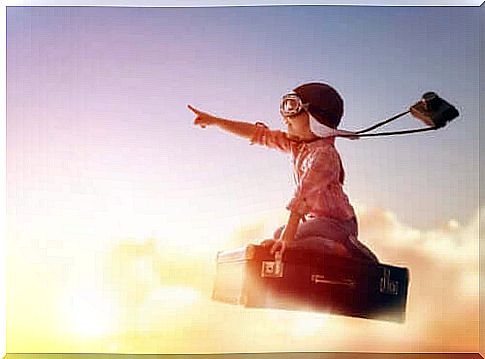
From that age onwards, the child will demand more and more autonomy and freedom of movement and thought. In full puberty, and soon in adolescence, she is already an autonomous person with her own decision-making capacity, although she is still dependent on her family.
The child’s freedom according to several factors
Undoubtedly, one of the main factors to be considered when giving a child freedom is age. That is, according to the stage of development she is at, there should be more or less supervision. However, this is not the only factor to be considered. This is what explains Ana Asensio, a psychologist who created Vidas en Positivo .
The age
Certainly, when a child is under 11 or 12 years old, he will not go out alone, nor will he go to school without the company of an adult. We have already seen the factors involved and the key moment in your transition from childhood to adolescence.
From 12 or 13 years old, depending on the child’s level of maturity, he can go to school alone, for example. At 13 or 14, she can meet friends at their house, go out to the movies or to get something to eat.
From the age of 16, young people will want to travel without adult supervision, go out at night, etc. Therefore, it is important to establish schedules.
Other factors to consider regarding the child’s freedom
Let’s consider other elements when giving freedom to the child. Let’s see the most important things to take into account:
- Geography : certainly, in a small town, in a neighborhood or in a residential area, where the risks are lower in relation to traffic, for example, the child may have more freedom than in the heart of a big city.

- Maturity : not all children mature at the same speed. It is important for parents to observe the little ones to decide when they will be ready to be more or less autonomous. This detail is especially important from the age of 14 or 15, when young people already deal with money, use public transport, etc.
- Paused process : it is convenient that the process of freedom occurs according to the degree of maturity and development. There shouldn’t be a leap in which, from one day to the next, the child is unable to go out and spend the whole day on the street without supervision. She must demonstrate responsibility and gain her autonomy each day.
- Confidence : from the age of 10 or 11, children show a lot of competence. It’s time to mature alongside her, giving demonstrations of confidence little by little, and allowing and facilitating the learning of the tools so that they can develop by themselves.
- Communication : it is necessary to create an environment of communicative trust with the young person. If we are interested in his problems without impositions, he will allow us to accompany him in this transition.
- Parental Coordination : Parents generally know each other. For this reason, when young people go out with friends, it is interesting to talk with other parents and adults to reach an agreement on the measures to be applied with teenagers, without invading their privacy.
- Example : It is important to set an example consistently. We are references for children.
In short, a child’s freedom starts at an early age. From the moment it is born and develops, it will ask for more and more autonomy. It is interesting to make this journey with the little one and enjoy each stage and each step taken.
